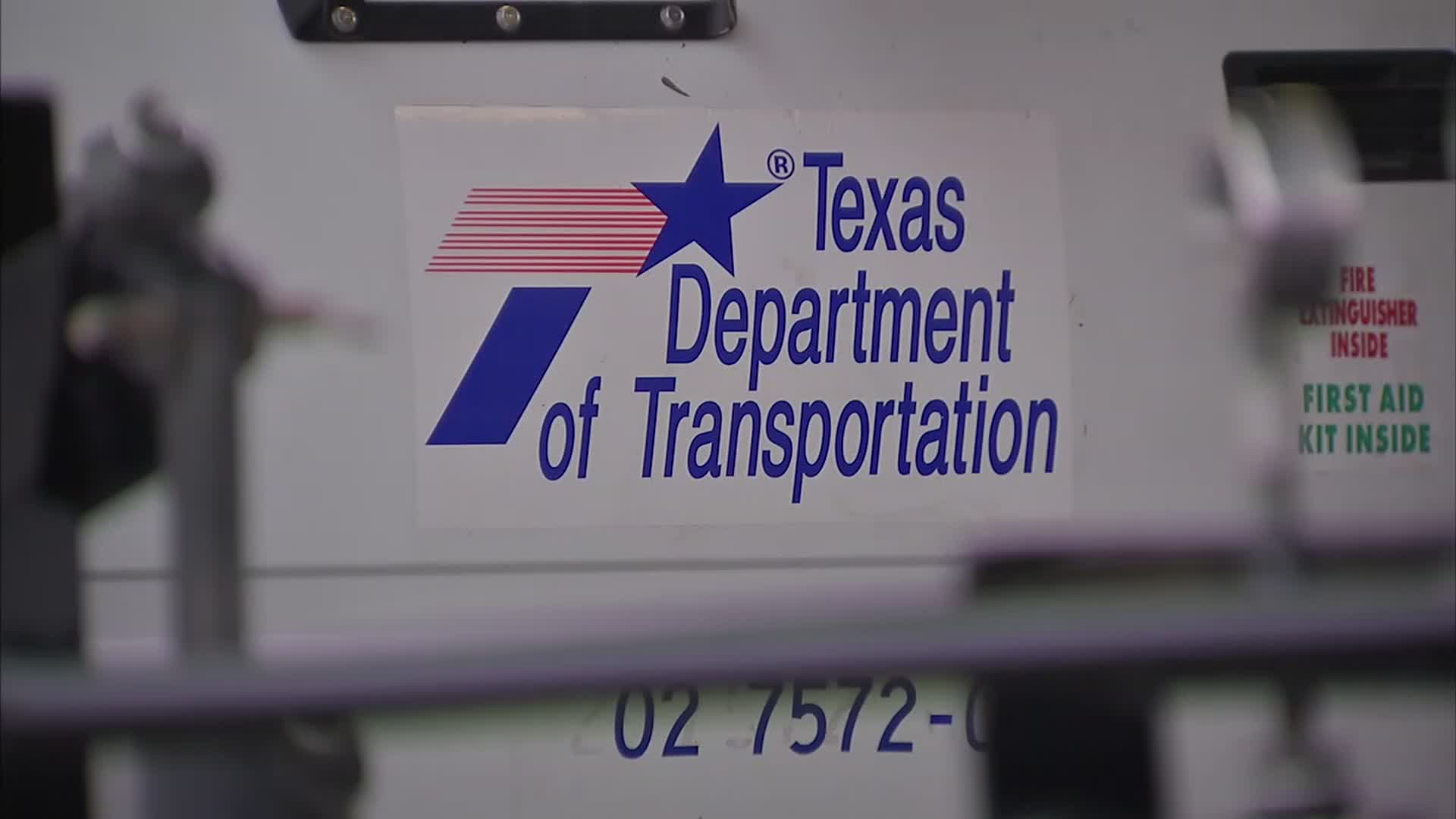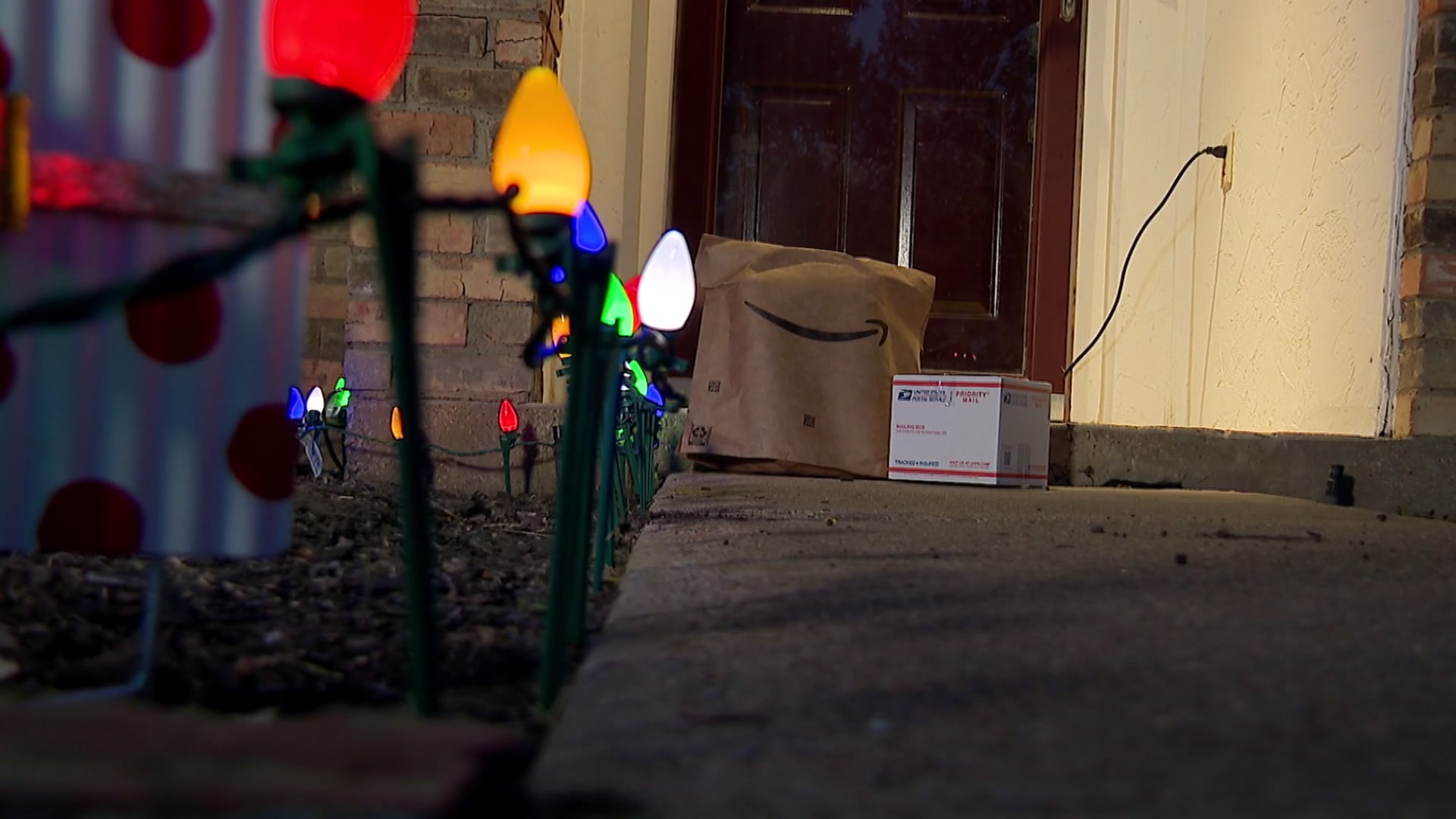Every day thousands of people are tested for the coronavirus in North Texas. Each result plays a part in the data collected to study and understand how COVID-19 is impacting the state.
Once the specimen is sent off to the lab, the results must be reported to the health department.
According to the Center for Disease Control', "Laboratories are required to report to state and local public health authorities in accordance with applicable state or local law."
In Texas, they're submitted to the Electronic Laboratory Reporting (ELR), according to the Texas Department of State Health Services. That's how the state and counties receive the daily updates for new coronavirus cases.
Everyday people hear about the new number of cases, but the numbers only paint a small picture. That's why experts say they look at two-week averages to get an idea of what the current trend is.
The daily counts are not in real-time. Tarrant County Public Health said the number of cases reported on a day include tests from several days before.
A spokesperson for Tarrant County said many of the electronic lab tests results they receive from the stat system on Tuesday were actually tests from last week.
Local
The latest news from around North Texas.
Also playing a factor are the delays in lab results. Companies like Lab Corp and Quest Diagnostics have been transparent that the demand for testing has impacted the turnaround time for results.
Dallas County Judge Clay Jenkins said that was a reason why they stopped using the federal testing sites was because the turn around times with the larger labs like Lab Corp and Quest Diagnostics took too long. He said now they're using a different company that takes less time, but even still it does impact the recording of numbers.
“If you’re looking at a Dallas County results, they lag by two days so and there are things that fall in the middle, so you’re looking at not whose sick that day, but whose results came back that day," Jenkins said.
Denton County said they'll use the state electronic system, but primarily collect the information themselves. They only report or count cases that have been laboratory-confirmed with a polymerase chain reaction (PCR) test and have completed case investigation. The county said the lab results are reported to them through fax or by phone. Denton County also conducts its own case investigations, meaning interviewing someone who received positive test results.
It's then uploaded to the system once the epidemiological report is completed, according to the county. Their final system crosschecks and verifies the information to previously reported names and date of birth, to confirm duplicates are not entered.
Dallas County Judge Clay Jenkins said they too have a system in place to make sure duplicates don't happen.
"That doesn’t happen because a person has a unique test number, if you have two tests on a person, it will only be counted in our numbers one time," Jenkins explained. "We’re confident that, what I'm told by the doctors, because we get asked that question quite a bit, is that there re no duplicates happening."
Collin County had to make some corrections after they found some duplicates last week.
As of June 1, Collin County switched to using DSHS to manage new case reporting and investigations. They download the numbers from the Texas Health Trace System.
The county said it discovered about 150 confirmed cases that were possible duplicates and transfers. The county started correcting the issue and working with DSHS to fix the problem.
In a statement, the county said:
Collin County’s Health Care Services staff will adjust two reporting categories today for COVID-19 cases, identifying and marking duplicates and out-of-county cases that have come from the state’s Texas Health Trace system and previously reported on our dashboard since June 1. The adjustment will result in a count decrease in confirmed, active and recovered cases reported out today, and is estimated to be between 6 and 10 percent lower than yesterday’s posted counts, depending on the number of new cases that come in on the daily 3:30 p.m. update. No cases will be deleted, only corrected on our public download spreadsheet as “transfer” or “duplicate.” Collin County only reports cases confirmed by a positive lab report. None of the categories mentioned above include so-called “probable” cases.
*Map locations are approximate, central locations for the city and are not meant to indicate where actual infected people live.



